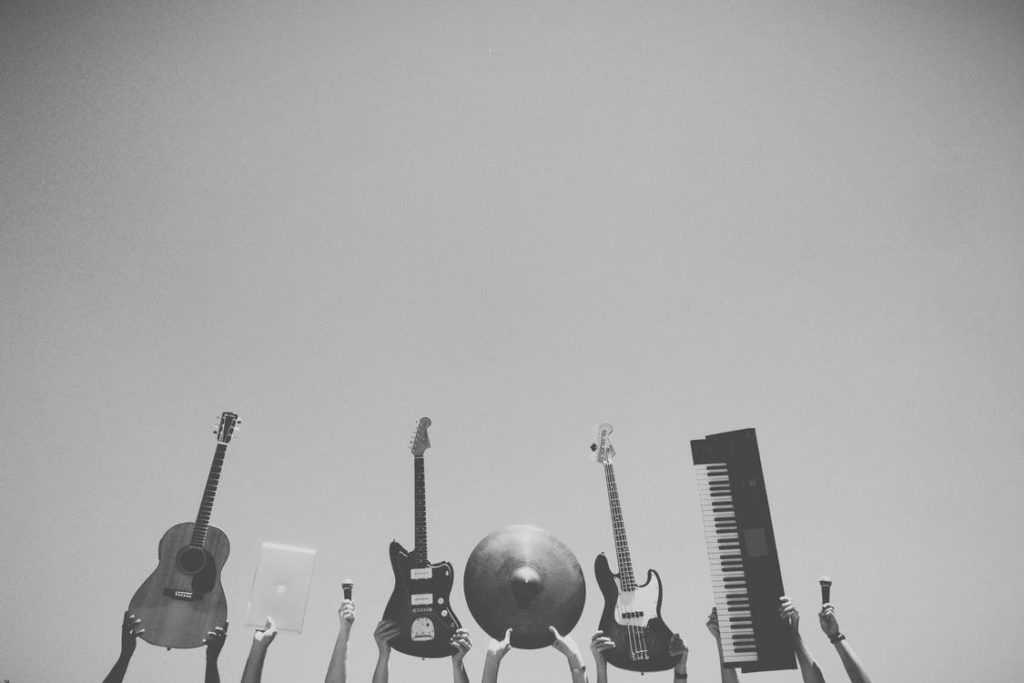
You may not have heard about publishing royalties, but they are a big income stream for some songwriters. Get versed in what they are and how to collect them.
As an independent artist, you may not be hitting the big time yet. However, it’s super important to know what royalty streams you are entitled to, especially before you start missing out on the big bucks.
What are publishing royalties?


Types of publishing royalties
Two of the most common types of publishing royalties are performance royalties and mechanical royalties. Whilst there are a multitude of different types of royalties, it’s unlikely you’ll come across them much in the early stages of your artistic career.
The type of publishing royalty you’re paid depends on how your composition is used:
 Performance royalties
Performance royalties
Performance royalties are generated whenever a composition is broadcast in public. This doesn’t just mean a performance by an artist, performance royalties are generated whenever compositions are broadcast in a public environment. Such as:
- Radio airplay
- TV broadcasts
- Live performances in venues
- Broadcasting in public spaces shops, garages, waiting rooms etc
- Specific types of digital streaming
- Broadcast in bars, clubs, jukeboxes

 Mechanical royalties
Mechanical royalties
Mechanical royalties are generated whenever your song is reproduced, this can be physically or digitally. This includes:
- Physical reproductions, such as CDs, tapes and vinyl
- Digital reproductions, such as digital downloads, and specific types of streaming

 And how do I collect publishing royalties?
And how do I collect publishing royalties?
Performance royalties
Performance royalties are distributed by what’s known as Performing Rights Organisations (PROs). Each country has it’s own PRO(s).
These royalties come from license fees that are paid to the PROs by businesses who broadcast music (venues, shops, radio stations etc).
In the UK PRS is the operating PRO, whilst in the US there are a handful, such as ASCAP, BMI & SESAC. You only need to sign up to one PRO and should choose the one native to your country. All PROs communicate to each other to ensure you’re receiving your royalties from around the globe.
Mechanical royalties
Mechanical Rights Organisations (MROs) oversee the distribution of mechanical royalties. In the same way as PROs, each country has it’s own MRO.
Whoever reproduces a song is responsible for paying mechanical royalties to the MROs. This doesn’t just include individuals and record labels who print physical copies, streaming and download stores are also responsible for paying these royalties to MROs too.
In the UK, MCPS (now teamed up with PRS to make PRS for Music) are the operating MRO. The US has seen a recent change to it’s mechanical royalty landscape, with the Mechanical Licensing Collective responsible for dealing with royalties from streaming/download stores. Harry Fox Agency and Music Reports are still responsible for dealing with other streams of mechanical royalties, such as physical reproductions.

It’s important to stay in-the-know regarding your royalty streams, and more-so because any uncollected royalties will be redistributed to publishers based on market share. Meaning that you’ll never see a penny if you’re not registered with the appropriate companies and organisations.


